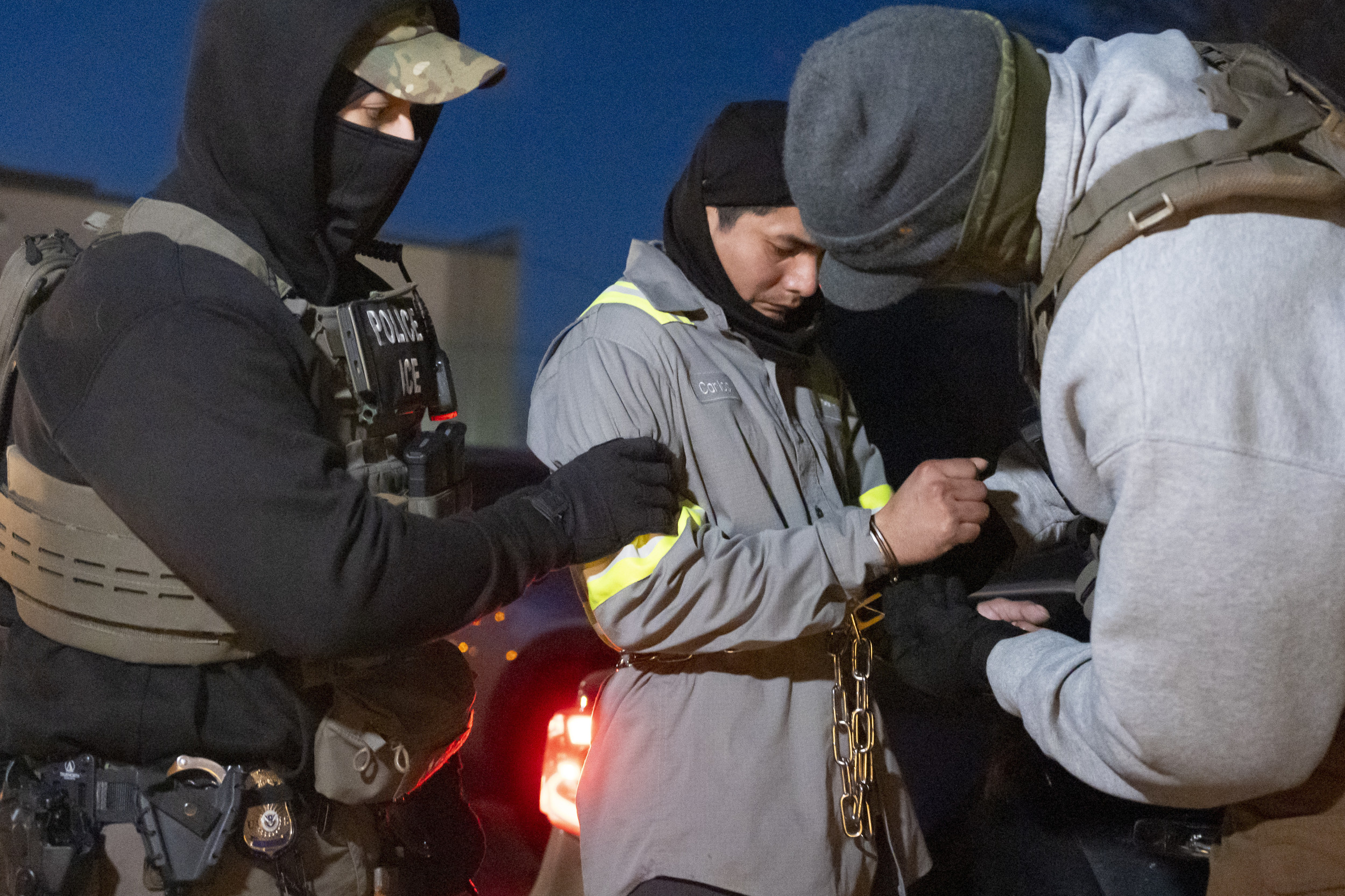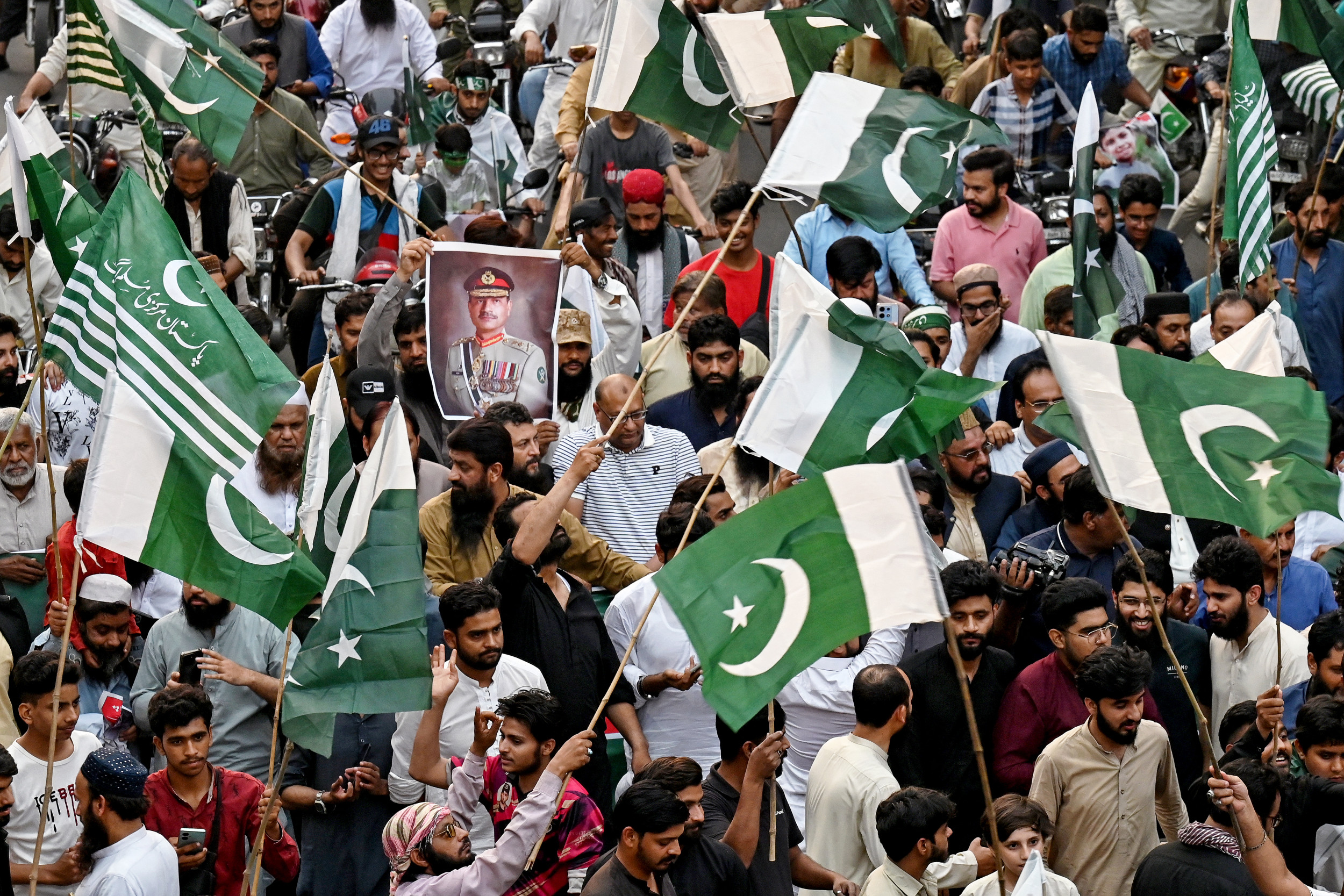🎙️ Voice is AI-generated. Inconsistencies may occur.
Representative Adam Kinzinger said on Monday that the North Atlantic Treaty Organization (NATO) could take out Russia in only three days.
Russian President Vladimir Putin has long taken issue with NATO—a coalition of Western governments including much of Europe and the United States—raising concerns about the West's expanding sphere of influence in the months leading up to the Ukraine war. Specifically, the Russian leader opposed the possibility of Ukraine joining the organization.
Experts have raised concern the Russia-Ukraine war could escalate into a larger conflict with NATO in the nearly 10 months since Putin launched his "special military operation" on the Eastern European country. Should Putin attack a NATO member state, that country can invoke Article 5 of the NATO charter, which states that "an attack against one ally is considered an attack against all allies," essentially meaning a military response from all members could be initiated.

Kinzinger, an Illinois Republican, weighed in on what he believes a NATO-Russia conflict would be like, responding to a tweet questioning why NATO hasn't defeated Russia yet.
"I'm hoping this is a joke. NATO vs Russia would be like a real three day operation," the GOP lawmaker wrote.
I'm hoping this is a joke. NATO vs Russia would be like a real three day operation. https://t.co/kf53SJhWE8
— Adam Kinzinger #fella (@AdamKinzinger) December 19, 2022
Kinzinger has been vocal supporter of Ukraine throughout the conflict. In April, he called out members of his own party for focusing on attacking Disney despite the "genocide going on in Ukraine."
"There is a genocide going on in Ukraine and the outrage is over what's happening at Walt Disney," Kinzinger said at the time, referring to the battle between Disney and Florida Republicans over the state's anti-LGBTQ law. "You guys deserve way better."
While many NATO member states have provided Ukraine with military and humanitarian aid throughout the conflict, they have not become directly involved. The international community largely believes sending their troops into Ukraine would likely lead to an escalation of the war.
However, since Ukraine is not a NATO member, Russia's invasion would not draw a NATO military response.
In November, concerns about NATO's involvement grew after a missile struck a village in Poland—which is part of the coalition—killing two individuals. Reports at first emerged that the missile was produced by Russia, but authorities ultimately ruled that it was accidentally fired by Ukraine in an effort to knock out Russian missile strikes on civilian infrastructure.
NATO, Russia Warn of Escalation
Both Russia and NATO have warned about the potential for an escalation in recent weeks.
NATO Secretary-General Jens Stoltenberg said in an interview with Norwegian broadcaster NRK earlier in December that he fears there is "no doubt" NATO and Russia could fight a major war over Ukraine.
"I fear that the war in Ukraine will get out of control, and spread into a major war between NATO and Russia," he said, adding that "if things go wrong, they can go horribly wrong."
Meanwhile, Konstantin Sivkov, a guest on Russian state TV, which has largely served as Putin's propaganda machine after the Kremlin cracked down on critics earlier this year, called on Moscow to prepare more missiles for a conflict against NATO.
"We need to produce more powerful and modern weapon systems, given the inevitability of a clash with NATO in the near future," Sivkov said.
Newsweek reached out to the Russian Ministry of Defense, Kinzinger's office and international relations analysts for comment.
About the writer
Andrew Stanton is a Newsweek weekend reporter based in Maine. His role is reporting on U.S. politics and social issues. ... Read more



